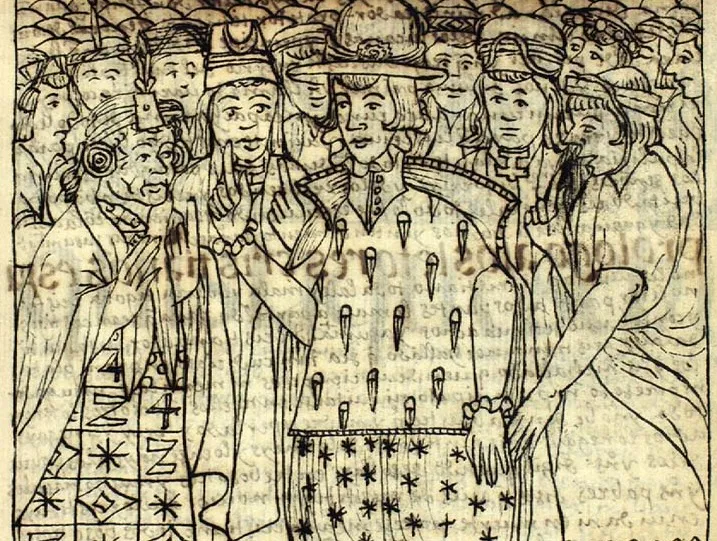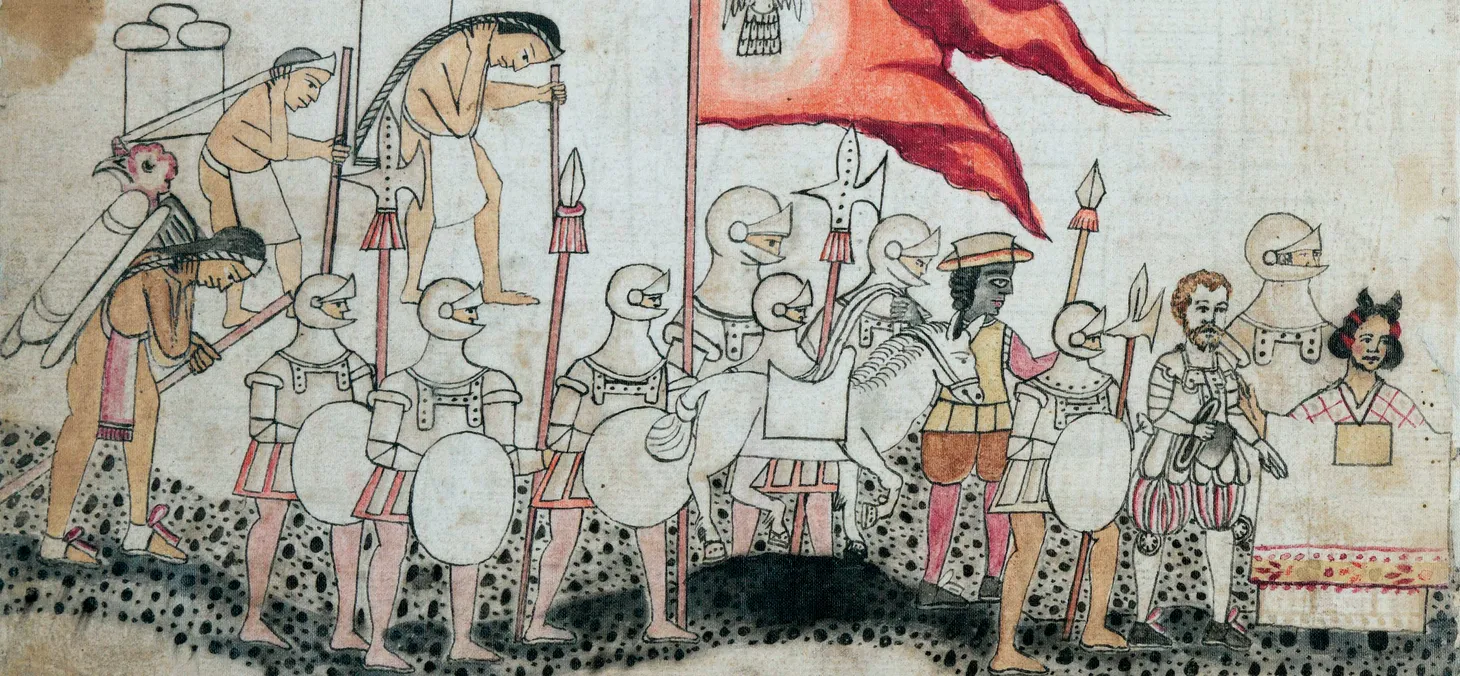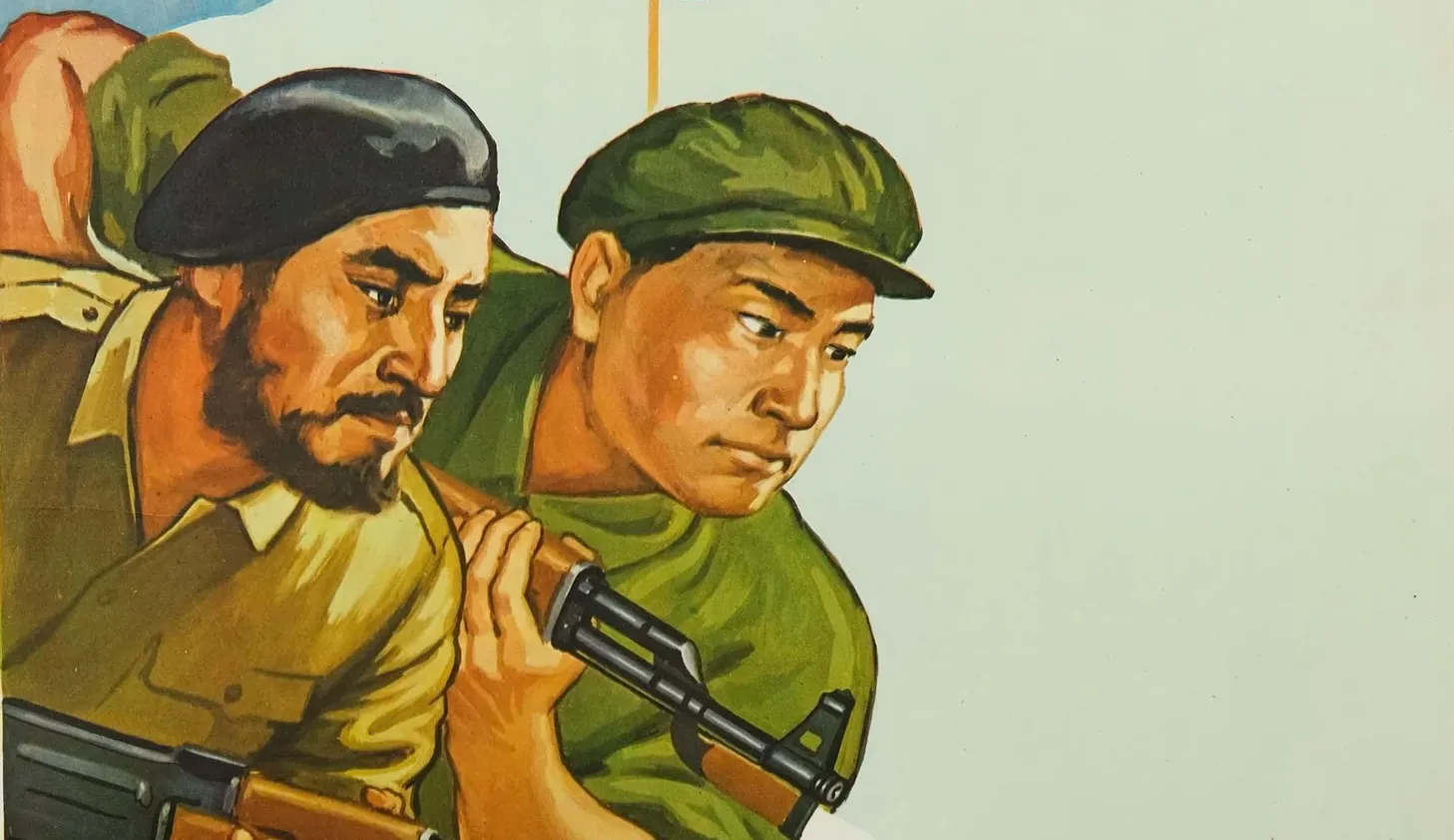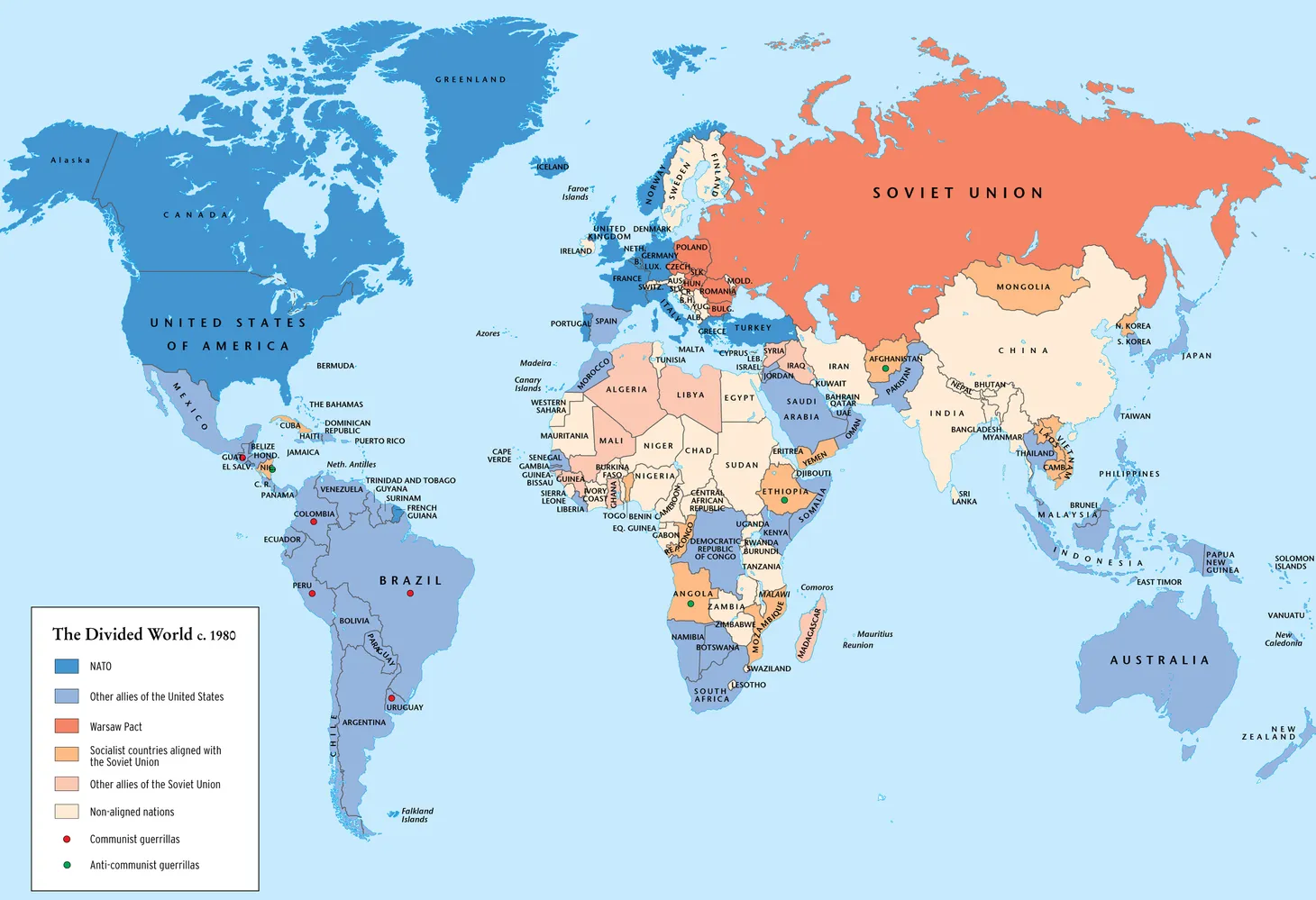Latin America
“Indian Parents Defend their Daughter”: Indigenous Resistance in Early Seventeenth Century Peru
A discussion of Indigenous resistance in Spanish Peru.

“We Will Follow That Which Our Ancestors Followed”: Indigenous Agency and Navigating the Changes in Sixteenth-Century Mesoamerica
A discussion about teaching the agency of Indigenous Americans in sixteenth-century Mesoamerica.

“Peace Was Made with the Carios”: Snapshots from Indigenous American History
A discussion about integrating the experiences of Indigenous Americans into the teaching of world history.

“Their Voices Must Be Heard”: Women, Intersectionality, and Competing Global Visions in the Late Twentieth and Twenty-First Centuries
A discussion of how to teach the world historical roots of present-day issues using sources by women from the Global South

“Militant Unity and Solidarity”: Cuba, North Korea, and the Cold War
Discussion of the Cuban-North Korean relationship in the 1970s as a way to analyze the Cold War from a global perspective.

“Korea, like Cuba”: The Cold War Beyond the United States and the Soviet Union
Discussion of the Cuban-North Korean relationship in the 1960s as a way to analyze the Cold War from a global perspective.

“Men so Heartless”: Historical Imagination and Potosí
A discussion of teaching the silver trade to understand the effects on Indigenous Americans better.

"People Who Have Interrupted Empire": African and Indigenous Resistance in the Sixteenth and Early Seventeenth Centuries
I’ve looked at more world history textbooks than I want to admit. One thing almost all of them have in common is some discussion of Portuguese maritime expansion along the western coast of Africa in the fifteenth century and the Spanish and Portuguese conquest of the Americas in the

Revolutionary Revolutions: Rethinking how we teach the political revolutions between 1750 and 1900
Dear #APworld teachers, if you want a fresh, global approach to teaching revolutions, come check out our #whapchat discussion this week led by @ERBeckman and @bramhubbell - I know I’m spending some time this weekend revamping my lessons! #sschat #worldhistory #historyteacher https://t.co/Av5nMPkyfp — Angela A. Lee (@mrshistorylee)

A Revolutionary Challenge: The Túpac Amaru Rebellion and Rethinking the Atlantic Revolutions
In many world history textbooks, discussion of the Atlantic Revolutions often begins with the background causes, such as the Seven Years’ War and the Enlightenment, that contributed to the outbreak of the Revolutions, and the first revolution discussed is almost always the North American Revolution. While it makes sense to

